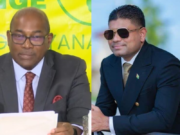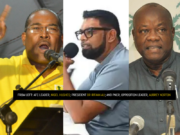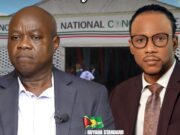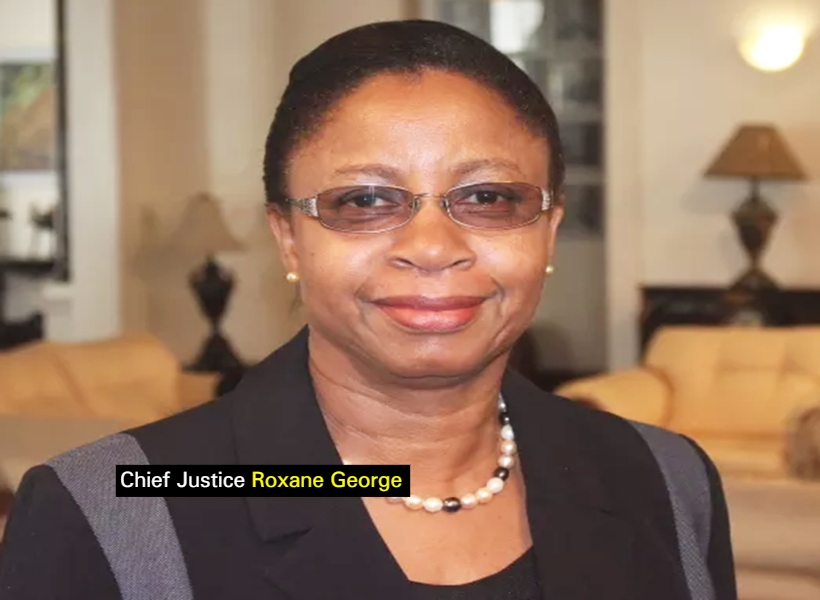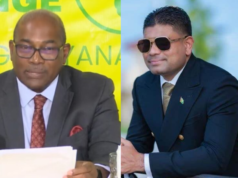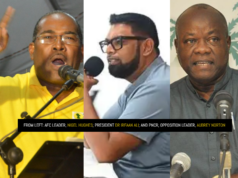During the Case Management Conference (CMC) held today, it was revealed that both petitions filed challenging the validity of the March 2 General and Regional Elections results and the processes effected to derive same, will likely be heard together.
Despite requests made by attorneys representing petitioners to have the matters heard separately, the Chief Justice (CJ), Roxane George, was adamant that it makes “no sense where we have petitions asking for the same reliefs be tried separately”.
Justice George said that while both petitions are on different “routes”, they ultimately have the same “destination”.
Senior Counsel, Roysdale Forde, who is representing Claudette Thorne et anor -v- Keith Lowenfield et al in Petition 88 of 2020 (88/20), asked the CJ that the methodology not be determined at this time.
In summarizing petition 88/20, said that this application seeks to raise inter alia, questions relating to the validity of Order 60 of 2020, referred to as the Recount Operationalisation Order.
That order that was brought into effect by the Chairperson of the Guyana Elections Commission (GECOM), Justice (Retired) Claudette Singh, following consultations with the then President, David Granger; Leader of the People’s Progressive Party/Civic (PPP/C), Bharrat Jagdeo; and former Caribbean Community (CARICOM) Chairperson, the Prime Minister of Barbados, Mia Mottley. The order gave life to the National Recount process after controversy erupted over the Region Four Returning Officer (RO) Clairmont Mingo’s declaration. All the parties mentioned agreed to the process to end the political standoff.
Forde said also that Petition 88 seeks to raise questions regarding the validity of Section 22 of the Elections Laws Amendment Act, which was used to bring Order 60 into effect.
Further, the petition seeks to verify the legitimacy of Elections Report, which the petitioner contends is required by the Representation of the People Act to based on the information provided by the 10 Returning Officers and not from the recount process that was birthed by Order 60. Forde said that the consequential declaration made by GECOM naming Irfaan Ali as President was done without any statutory basis.
The attorney said that there will be no need to lead evidence in the hearing by way of witnesses, but rather the use of affidavits and exhibits on file.
Mayo Robertson, in summarising Petition 99 of 2020 (99/20) said that the application is based on allegations of several irregularities in the conduct of the elections including: “Widespread voter impersonation; widespread noncompliance with documentation; the flawed voters’ list to begin with; and several other irregularities”.
The attorney said that the petitioner is of the belief that GECOM did not meet its constitutional requirement of holding “free and fair” elections.
“As such, we are going to ask that the results of the elections be set aside after the court makes declarations that the irregularities were found to exist in the conduct of elections and therefore vitiated the entire process,” he said.
Robertson noted that Petition 99/20 will require substantial evidentiary support, and it is anticipated that several witnesses will be called. The attorney, however, could not commit to a number of witness intended to take part in the process.
The Court will meet again on November 24, 2020.
